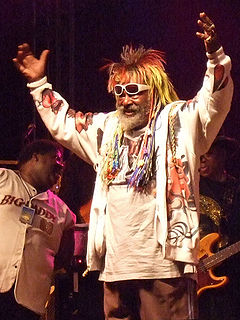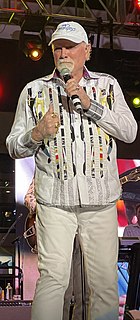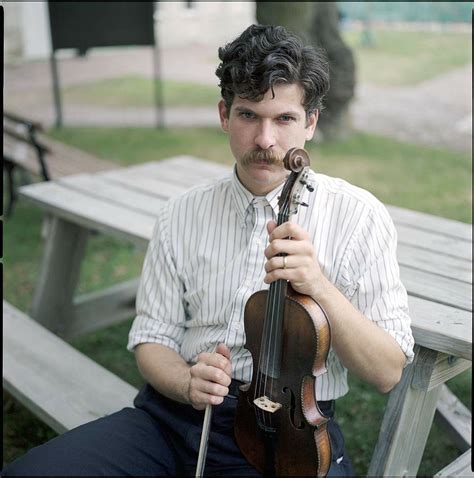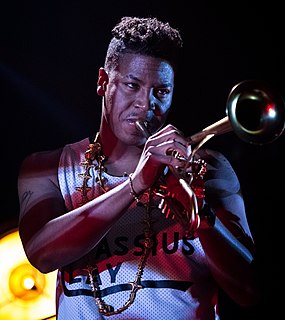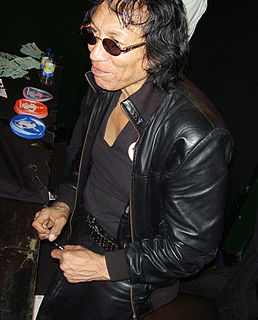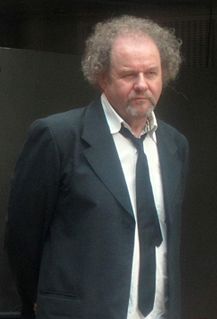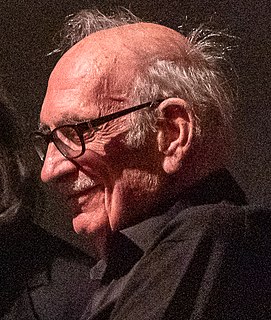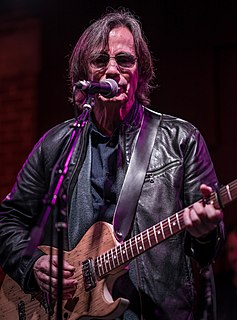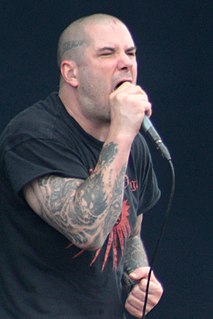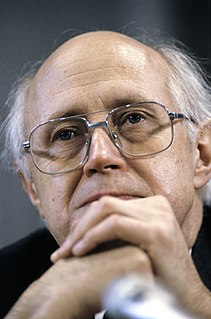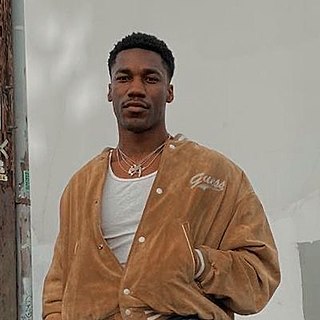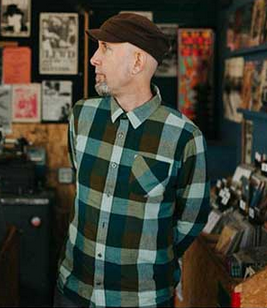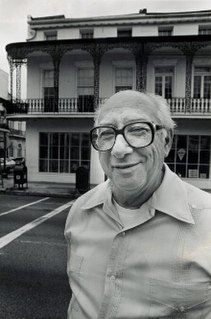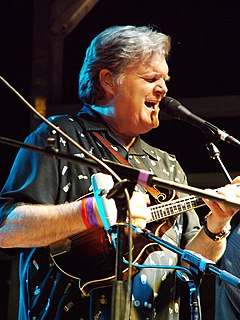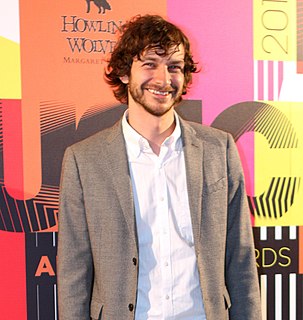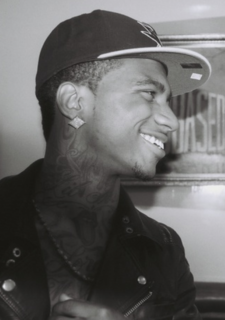Top 1200 History Of Music Quotes & Sayings
Explore popular History Of Music quotes.
Last updated on April 14, 2025.
Monk's music is often defined as enigmatic, eccentric and humorous - as if it had little to do with the pain he may have endured to create his art. But I believe Monk routinely shared his history with his audience, no matter how unpalatable that history was, and it is for that very reason that his music connects with people around the globe.
I didn't graduate high school, so I never got a teacher's education, I'm mostly self-read, self-taught. I always loved music, so I would probably either be in a band with another group of people, or an arranger, a producer, a musicologist, a music history guy, something to do with music. Either that, or I would probably be in jail. Or dead.
Music is neither old nor modern: it is either good or bad music, and the date at which it was written has no significance whatever. Dates and periods are of interest only to the student of musical history. . . . All old music was modern once, and much more of the music of yesterday already sounds more old-fashioned than works which were written three centuries ago. All good music, whatever its date, is ageless - as alive and significant today as it was when it was written
There are musicians who want to make a living making music. There are listeners who want to listen to music. Complicating this relationship is a whole bunch of history: some of the music I want to listen to was made a while ago in a different economy. Some of the models of making a living making music are no longer valid but persist.
In order to understand the history of the banjo, and the history of bluegrass music, we need to move beyond the narrative we've inherited, beyond generalizations that bluegrass is mostly derived from a Scotch-Irish tradition with influences from Africa. It is actually a complex Creole music that comes from multiple cultures.
So I did a program with the Recording Academy, the Grammy Museum. So pretty much they take, like, one hundred kids during the summer and for a week or two every day they go over something different in music history. Then during the music history part of the program, they would just tell us about the different eras.
History is a living horse laughing at a wooden horse. History is a wind blowing where it listeth. History is no sure thing to bet on. History is a box of tricks with a lost key. History is a labyrinth of doors with sliding panels, a book of ciphers with the code in a cave of the Saragossa sea. History says, if it pleases, Excuse me, I beg your pardon, it will never happen again if I can help it.
I read a lot - surveys of vernacular music. A lot of it is the Harry Smith Anthology of American Folk Music, which I've loved since I was in high school. They had it at the library and I always thought that was interesting, even when I was into punk and stuff. Just the history of storytelling and the amount of melancholy a lot of old music has.
When I started music, I started out in Puerto Rico with classical music. But what really made me want to be a musician was jazz, and because I didn't grow up with jazz, I had to learn it from a very basic level. I had to go into the history and learn everything about the development of the music, all the players and all that stuff.
If, in schools, we keep teaching that history is divided into American history and Chinese history and Russian history and Australian history, we're teaching kids that they are divided into tribes. And we're failing to teach them that we also, as human beings, share problems that we need to work together with.
When I did the Abyssinian mass, I went through the whole history of the church music and the gospel music, even with the Anglo American hymns, the Afro American hymns, the spirituals and how it developed, up to Thomas Dorsey and the Dixie Hummingbirds, going through the history of the music, jazz musicians.
Classical music and pop are two different universes, each with its own difficulties, peculiarities, depth and artistic dignity. In Italy, I think there is a fairly clear line of demarcation, but the history of music is full of fusion. Popular and classical music have always found points of contact, of crossing, exchange, both drawing mutual profit.
A big part of making music is the discovery aspect, is the surprise aspect. That's why I think I'll always love sampling. Because it involves combining the music fandom: collecting, searching, discovering music history, and artifacts of recording that you may not have known existed and you just kind of unlock parts of your brain, you know?
I write my music with the idea that it will appeal to all of those people, and I want them to go in with all the history that's within all of us - all the things that they've listened to in the backs of their minds, whether it's country music or minimal techno, or classical music or whatever. I want them to bring that excitement, that love, or that hate, or whatever it might be, to my music. I feel that my music draws on so many different things.
The field of the novel is very rich. If you're a composer, you're well aware of the history of composition, and you are trying to make your music part of that history. You're not ahistorical. In the same way, I think, if you write now, you are writing in the historical context of what the novel has been and what possibilities it has revealed.
Music expresses feeling, that is to say, gives shape and habitation to feeling, not in space but in time. To the extent that music has a history that is more than a history of its formal evolution, our feelings must have a history too. Perhaps certain qualities of feeling that found expression in music can be recorded by being notated on paper, have become so remote that we can no longer inhabit them as feelings, can get a grasp of them only after long training in the history and philosophy of music, the philosophical history of music, the history of music as a history of the feeling soul.
